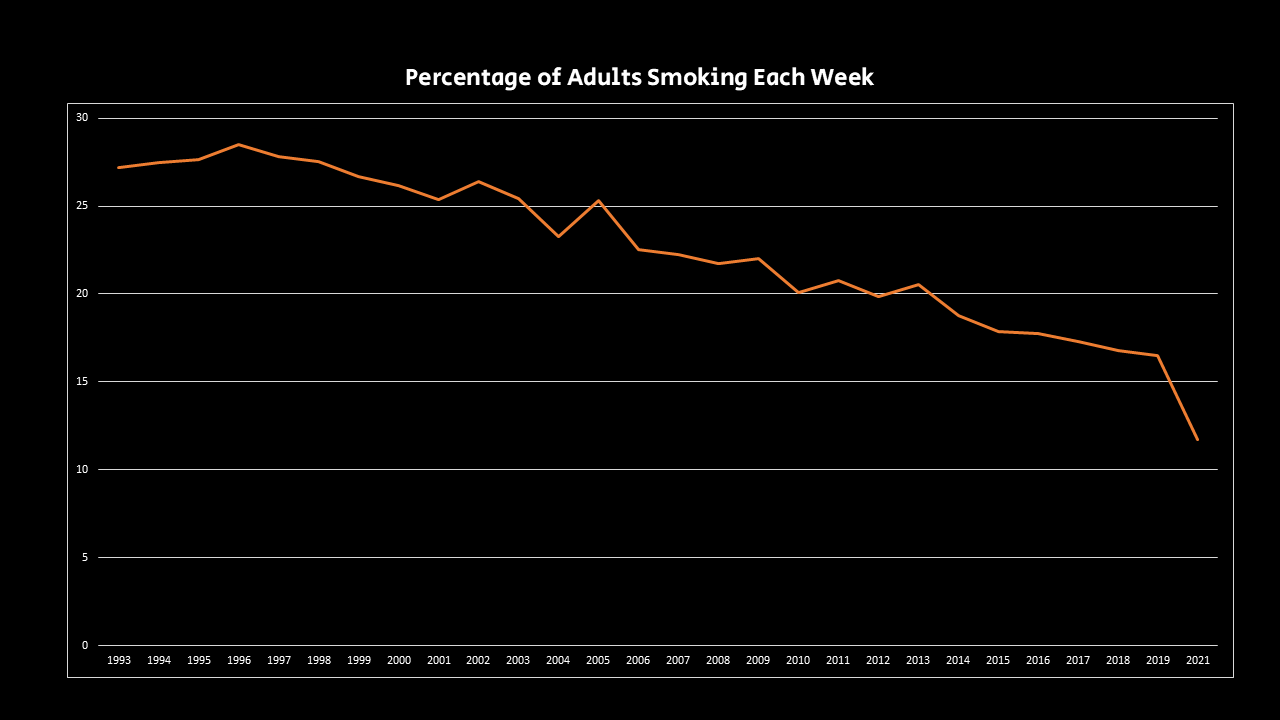Good news for the future of health and care?
I’m in Cardiff today, having just come off stage doing the opening keynote at the first annual conference for associated health professionals in Wales. If you don’t know what an AHP is, that’s your occupational therapists, podiatrists, physiotherapists, dieticians and paramedics - and a few more roles as well. They’re the people who stop us getting ill in the first place, and help us to get better when we do.
The workload for AHPs is only going to increase in the years ahead, as our population ages and health costs spiral. The situation is exacerbated in Wales. It has one of the oldest populations and a large number of environmental and economic challenges to boot. Nonetheless, this was a very positive event and I was able to share some upbeat stories.
For a start, our problem with an ageing population is in part because we’re just living longer. The picture is uneven across different levels of wealth and poverty. But we’ve increased average lifespans by around 10 years for men and 7.5 years for women over the last 50 years*.
Then there’s the health trends. We are drinking less, and smoking less than ever since records began. This isn’t very helpful for the generation ageing towards needing greater care now. But the younger generations should be in better shape later in life (with the caveat of issues around obesity, exercise and diet).
Chart showing percentage of UK adults smoking each week. Source: ONS
Finally, there are the advances in science and technology. We’re getting better at treating and curing a huge range of conditions. And we’re accelerating drugs research as well.
The forecasts for the next ten years of health spending look pretty bleak. A 42% increase in budgeted spend in England, to what is already a quarter of the nation’s annual budget - exceeded as a proportion of the national spend only by benefits (itself mostly pensions).
But after that? I’m actually quite optimistic.
Huge change is needed. The key message of this morning’s conference is that the way things have always been done will not serve us well in the future. But if we can make that change - in practice, policy and culture - I think there are some pretty good signs for the long term.
##
*The reasons for this disparity are interesting. I suspect the end of many dangerous jobs for men has something to do with it.

